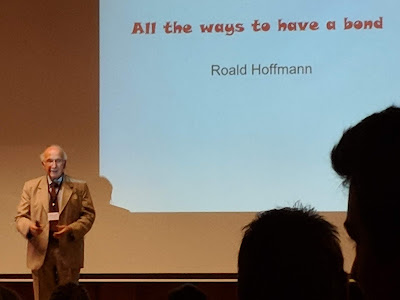On Saturday 16 June 2018 a select group of RSC Belgium members and friends were treated to a guided tour of the (relatively) new TrainWorld museum adjacent to the grand old station at Schaarbeek in Brussels. Following our experience we can highly recommend a trip to TrainWorld!
The guided tour took over two hours and was full of new facts and fascinating information. How many train stations are there in the grounds of the royal place at Laeken? How many oak trees were required to be felled to provide the sleepers for every mile of rail road in the 19th century? (Answers below)*.
Belgium was a very early adopter of rail technology with the first commercial (and nationalised) railway line in continental Europe opened between Brussels and Mechelen in 1835. Initially the Belgians imported UK technology but rapidly 'copied' and developed their own engines becoming the leading global exporter of railway equipment during the 1800s.
The museum itself incorporates ancient and modern. The tour starts in the impressive interior of the old Schaarbeek station and then enters four massive modern halls full of old engines and railway memorabilia with something to amuse visitors of any age and degree of interest in trains.
*There are three railway stations in or under the palace grounds. 880 oak trees were needed per mile!






